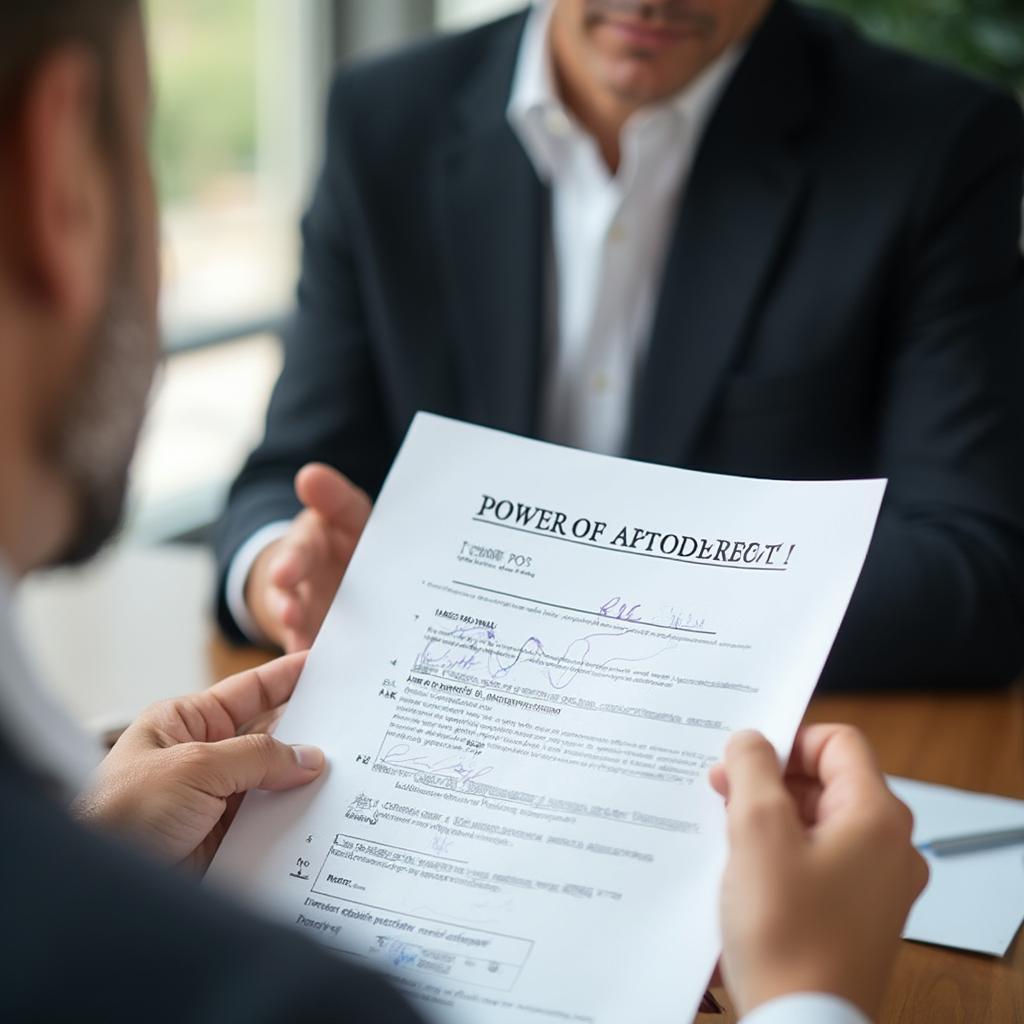
When Does a Power of Attorney Kick In?
A Power of Attorney (POA) grants legal authority to another person, known as the agent or attorney, to act on your behalf. Understanding when a POA takes effect is crucial for both the principal (the person granting the power) and the agent. This article explores the different types of POAs and the circumstances that trigger their activation.
Understanding the Different Types of Powers of Attorney
There are several types of POAs, each designed for specific situations and with varying activation times. Understanding these distinctions is vital for effective planning.
Durable Power of Attorney
A Durable POA remains in effect even if the principal becomes incapacitated, meaning they lose the mental ability to manage their own affairs. This type of POA is often used for long-term care planning.
Non-Durable Power of Attorney
A Non-Durable POA terminates automatically if the principal becomes incapacitated. This type is typically used for specific, short-term situations, such as authorizing someone to sign documents while you are unavailable.
Springing Power of Attorney
A Springing POA becomes active only upon the occurrence of a specific event, typically the principal’s incapacitation. The triggering event must be clearly defined in the POA document.
Special Power of Attorney
A Special POA grants the agent authority to act on behalf of the principal only for specific, limited purposes and/or for a limited time. For example, it might authorize an agent to sell a particular piece of property.
When Does Each Type of POA Become Effective?
The effective date of a POA depends on its type and how it is drafted.
Immediate vs. Future Effective Dates
A POA can be drafted to be effective immediately upon signing or at a specified future date. This applies to Durable, Non-Durable, and Special POAs. However, a Springing POA, by definition, becomes effective only upon the occurrence of the triggering event.
Determining Incapacity for Springing POAs
For Springing POAs, determining incapacitation can be complex. The POA document should clearly define the conditions that constitute incapacitation, often involving a physician’s certification. Ambiguity in this definition can lead to legal disputes.
Key Considerations for Powers of Attorney
Choosing the right type of POA requires careful consideration of your individual circumstances and needs.
Consulting with an Attorney
It’s essential to consult with an experienced attorney to ensure your POA is properly drafted and reflects your wishes. They can help you choose the right type of POA, define incapacitation clearly (for Springing POAs), and ensure compliance with state laws.
Communicating with Your Agent
Open communication with your chosen agent is crucial. They need to understand their responsibilities and your expectations. Provide them with a copy of the POA and discuss its provisions thoroughly.
“A well-drafted Power of Attorney can provide peace of mind, knowing your affairs will be handled according to your wishes,” says Attorney Nguyen Thi Hong, a seasoned legal professional in Ho Chi Minh City.
 Discussing Power of Attorney with an Attorney
Discussing Power of Attorney with an Attorney
Common Misconceptions about Powers of Attorney
Several misconceptions surround POAs, leading to confusion and potential misuse.
POAs and Wills
A POA is distinct from a will. A will dictates the distribution of assets after death, while a POA addresses management of affairs during life.
Agent’s Authority
An agent’s authority is limited to the powers specifically granted in the POA document. They cannot act beyond the scope of their authority.
“Choosing the right agent requires trust and careful consideration,” advises Attorney Tran Van Minh, a reputable lawyer based in Hanoi. “Ensure your agent understands their responsibilities and is willing to act in your best interests.”
Conclusion
Understanding when a Power of Attorney kicks in is critical for effective planning and avoiding potential complications. Choosing the correct type of POA and ensuring its proper execution is crucial. Consult with an attorney to create a POA that meets your specific needs and protects your interests. A well-drafted power of attorney provides peace of mind knowing your affairs are in capable hands.
FAQ
-
Can I revoke a Power of Attorney? Yes, you can generally revoke a POA as long as you are mentally competent.
-
What happens if my agent misuses their authority? You can take legal action to remove the agent and seek redress for any damages caused.
-
Does a Power of Attorney expire? Unless specified otherwise, a Durable POA remains effective until your death. Non-Durable and Special POAs have limited durations or expire upon incapacitation.
-
Can I have more than one agent? Yes, you can appoint multiple agents, either to act jointly or separately.
-
Do I need a lawyer to create a Power of Attorney? While not legally required in all jurisdictions, consulting with a lawyer is highly recommended to ensure the document is legally sound and tailored to your specific needs.
-
What happens if I become incapacitated without a Power of Attorney? The court may appoint a guardian or conservator to manage your affairs.
-
Can my agent make medical decisions for me? A specific type of POA, known as a healthcare power of attorney or advance healthcare directive, allows your agent to make medical decisions on your behalf.




